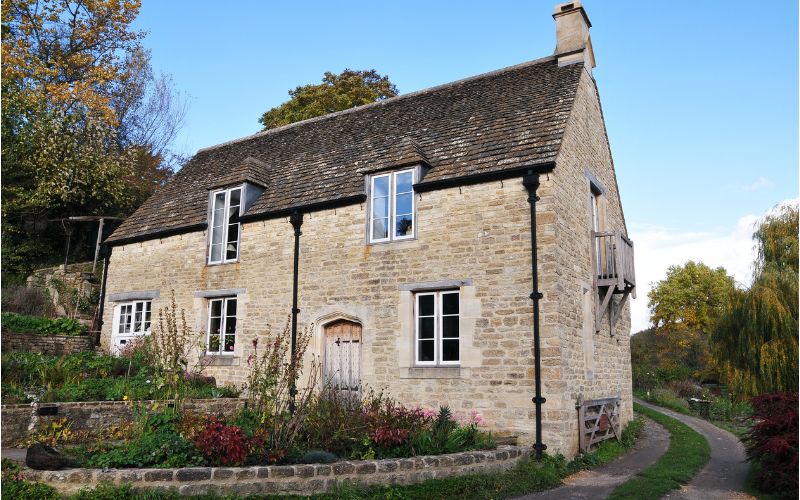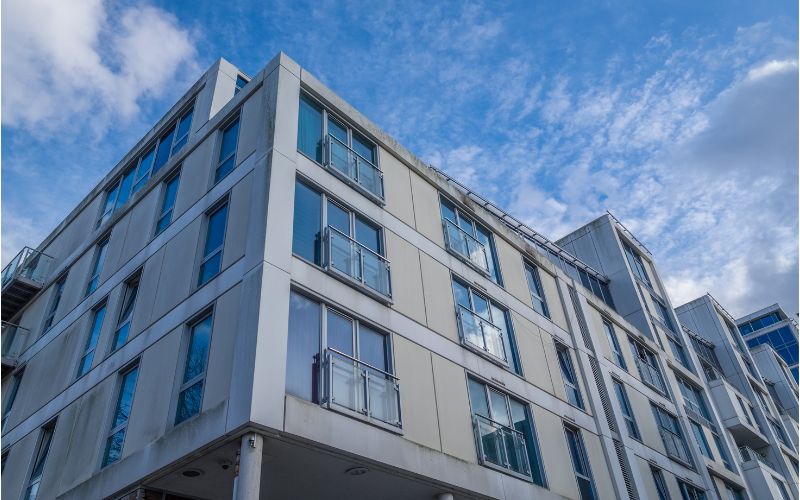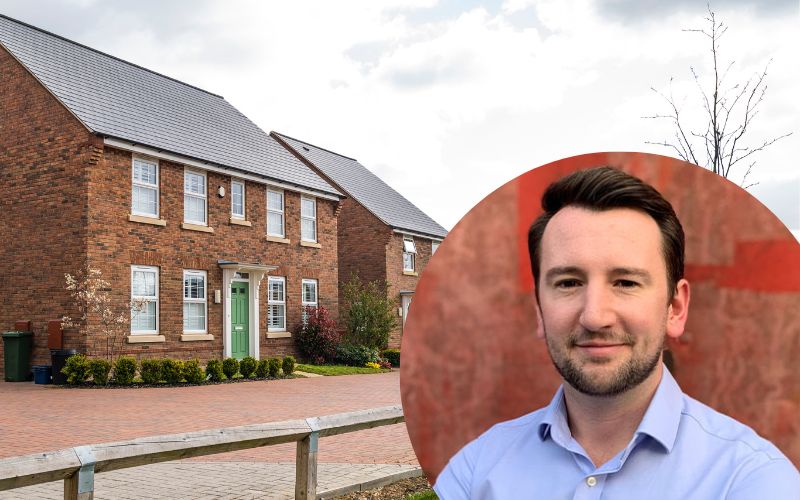When you’re purchasing a property it’s imperative to know if the price you’re paying accurately reflects its value, as well as if the property is a sensible investment. This is where a mortgage valuation and building survey can provide reassurance and clear up any ambiguity.
Buying your own home is one of the biggest investments you’re likely to make in your lifetime, and for many, a step onto the property ladder offers an opportunity to grow your money at a more competitive rate of return than many other types of investment.
It’s only natural to want professional assurance that you’re investing your money wisely, and that’s precisely what a chartered building surveyor can offer you.
With many homebuyers, particularly first-time buyers, unaware of the difference between a mortgage valuation surveyor and a chartered building surveyor, this guide aims to clear up the confusion by explaining the purpose of each property surveyor in more detail.
What is a mortgage valuation survey?
A mortgage valuation is required if you’re taking out a loan from a bank or building society (commonly known as a mortgage) to fund some of your property purchase. This happens in cases where the deposit you have doesn’t cover the entire value of the property you’re buying.
Initially, a mortgage lender will assess your finances and make you a preliminary offer for the maximum amount you may be able to lend (known as an AIP or agreement in principle). Once you have an offer accepted on a property you’ll then need to apply for the mortgage in full. As part of this process, the lender will conduct a mortgage valuation using a house surveyor. This may be free or you may be asked to cover this cost (usually in the region of a couple of hundred pounds).
The mortgage valuation seeks to determine that the property is worth what you’ve agreed to pay for it. This is to satisfy the lender that their loan against the property is secure. To reach this conclusion, the lender will send out a professional house surveyor to inspect the property and determine its value. It will then issue these findings directly to the lender, who will use this as part of its basis for determining whether or not to issue you the mortgage.
What is a chartered building survey?
A chartered building survey is similar to a mortgage valuation, except it goes into a lot more detail and you’ll be sent the final report to help you make an informed decision about whether you want to progress with the purchase.
Building surveys are conducted by a RICS chartered building surveyor and there are three levels of report available: Level 1 homebuyer's report, which will give you basic information about the property’s condition but no indication of the costs for any works required, Level 2 and Level 3, with the latter testing the material fabric of the building as well as its internal condition, and include estimations for works the surveyor deems necessary.
A RICS Level 3 building survey assesses both the interior and exterior of a property, including any outbuildings or loft spaces if accessible. The chartered building surveyor will inspect the property room by room and note their observations. They’ll also back up their findings with photographs that evidence what the report references. These can include things such as the presence of damp and signs of subsidence, as well as whether the heating, windows, and insulation are sufficient.
Unlike a mortgage valuation which is a mandatory lender requirement, a survey by a chartered building surveyor is optional and at the discretion of the property purchaser. It is, however, highly recommended and can save you a lot of expense and heartache. What your chartered building surveyor reveals may enable you to negotiate down the price you’ve agreed to pay for the property, or even give you cause to reassess the purchase and pull out in order to cut your losses.
Mortgage valuation versus building survey - the key differences summarised
To help you get to grips with mortgage valuations and building surveys we’ve summarised the key differences between the two reporting types below.
Recipients
A mortgage valuation is on behalf of the lender whereas a building survey is on behalf of the buyer.
Requirements
A mortgage valuation is a mandatory requirement for getting a mortgage agreed. A building survey is an optional purchase not required by a lender but recommended to a buyer.
Costs
A mortgage valuation may be free as part of your lender’s mortgage offer. A full structural house survey or homebuyer report by a chartered building surveyor comes at an additional cost for which the buyer is liable.
Purpose
A mortgage valuation house survey is a brief report with the express purpose of assuring the lender that the property you’re buying is worth what you’ve agreed to pay for it. A full chartered building surveyor survey goes into detail about the property’s condition and state of repair in order to alert you to any issues or urgent works that may be needed.
Should you instruct a chartered building surveyor to conduct a property survey?
While a mortgage valuation can give you the peace of mind that you’re not overpaying for the property you’re buying, it cannot give you any other information about the property’s condition or state of repair. Only a home survey conducted by an RICS chartered building surveyor offers that reassurance, and while a home survey isn’t mandatory, we cannot recommend investing in this inspection highly enough.
Failure to move forward with a house survey leaves you vulnerable to discovering serious issues with your property once you’ve exchanged and it’s too late to renegotiate on price or to pull out. A Level 2 or Level 3 RICS chartered building surveyor inspection gives you further insight into your property’s condition.
To obtain a quote for a RICS Level 2 or Level 3 chartered building survey contact the team on 02380 014786 or email enquiries@sillencehurn.co.uk
Disclaimer: Please note this article is for guidance purposes only and does not constitute legal advice.




